A massive great white shark was found washed up on a beach with a part of its body missing — and likely eaten by another animal. Experts quickly revealed that an even larger sea animal killed this enormous creature.
This latest great white shark discovery comes as scientists have been studying the interesting evolution of sea life — and why many large sharks are being taken down by other ocean animals.
The Discovery of a Great White Shark
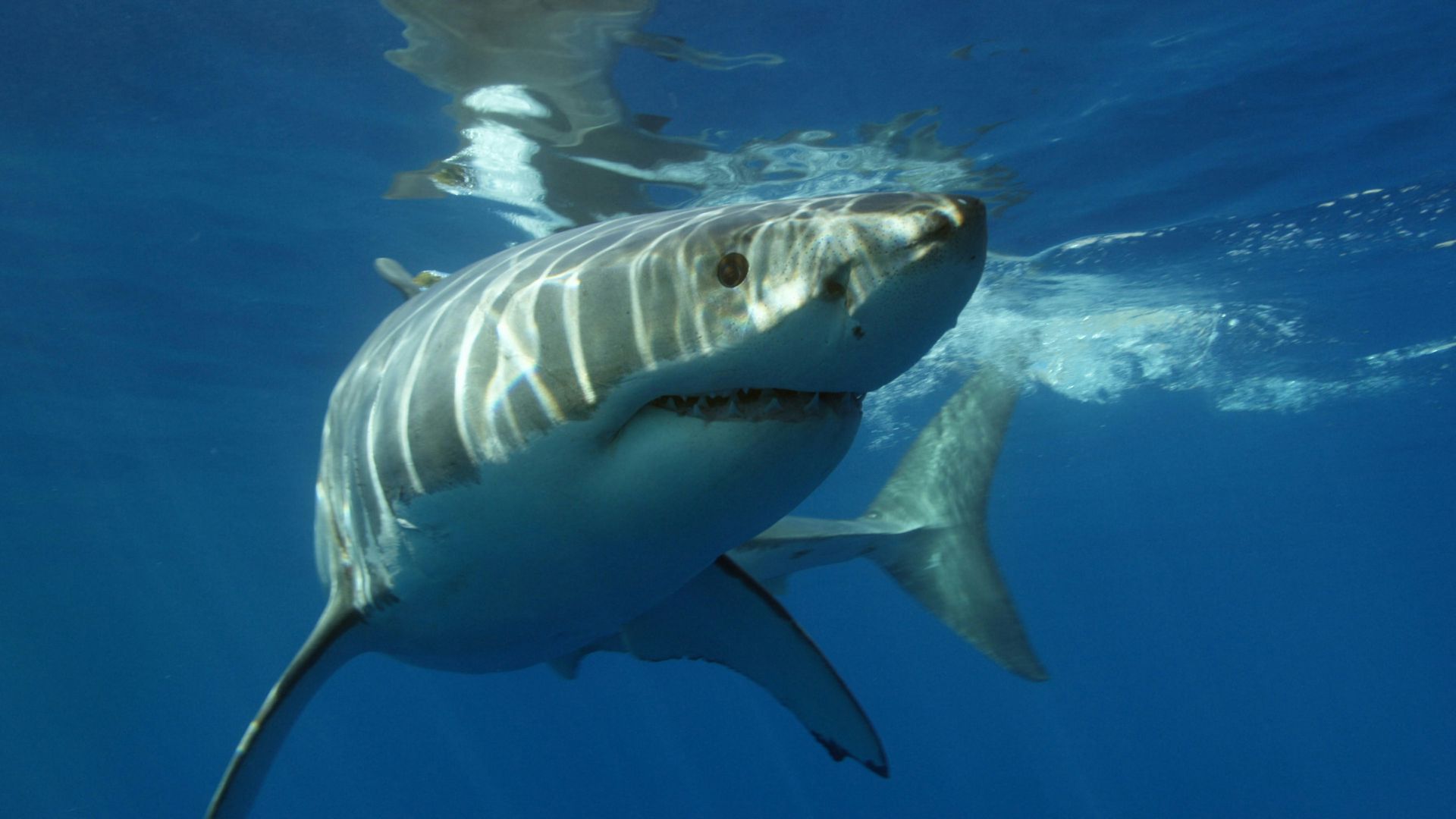
At the end of May, a local resident in southeast South Africa stumbled upon a 15-foot great white shark washed up on a beach. This shark was discovered at the mouth of the Nyara River.
Quickly, local experts were notified of this killing. Veterinarians were able to examine the shark’s body to learn more about it only a day after it was discovered.
The Finding of a Dolphin
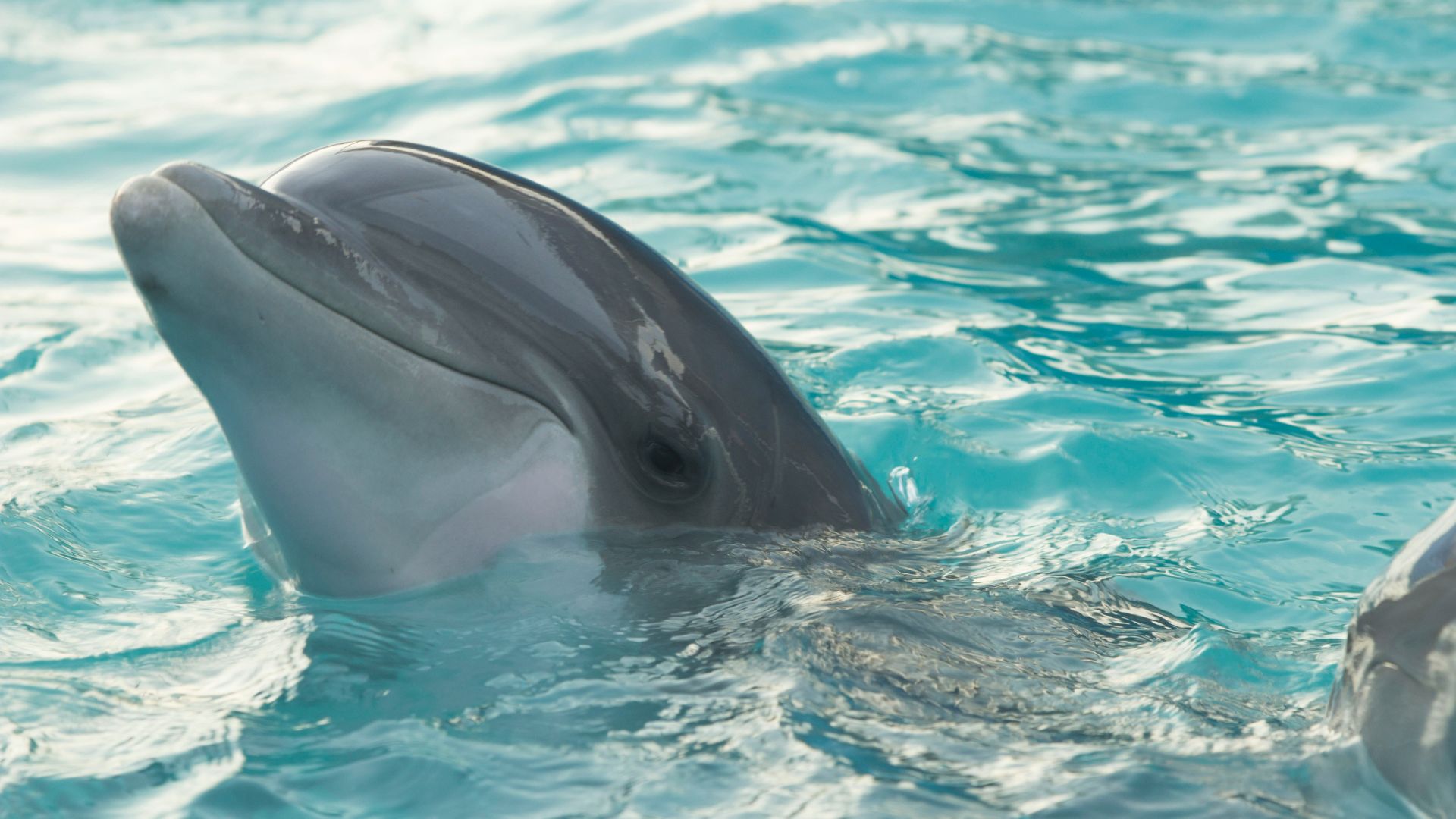
During this examination, veterinarians discovered parts of a common dolphin in its stomach. This dolphin was cut into four separate pieces quite neatly.
This resulted in officials explaining that this shark had just finished eating this dolphin when it was attacked by another animal and quickly killed.
Experts Pieced the Dolphin Back Together
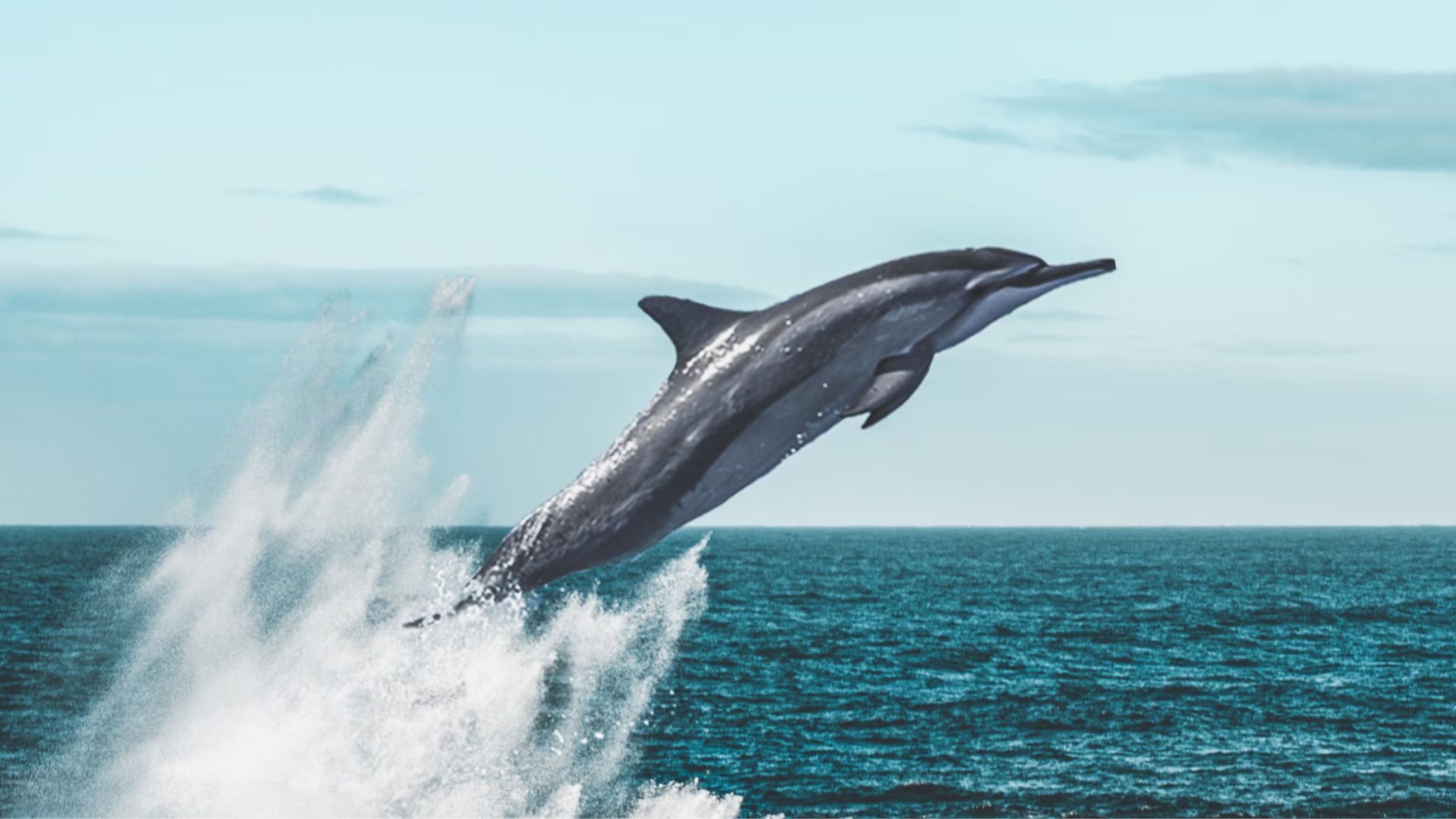
As the dolphin had been cut up into four neat pieces, the experts on the scene were able to piece the dolphin back together, which was easily done as the attack had happened so soon after the dolphin had been eaten.
This remains a stark reminder of the hierarchy of the food chain. While great white sharks are the largest predatory fish in the world, even they can succumb to death from other animals.
The Shark’s Liver Was Gone

Perhaps most interesting was the fact that this examination revealed that the shark’s liver was gone. No other part of the shark was missing.
Therefore, veterinarians concluded that the shark was killed for its liver — and then its liver was eaten by the bigger predator.
Trophy Hunters Stole the Shark’s Teeth
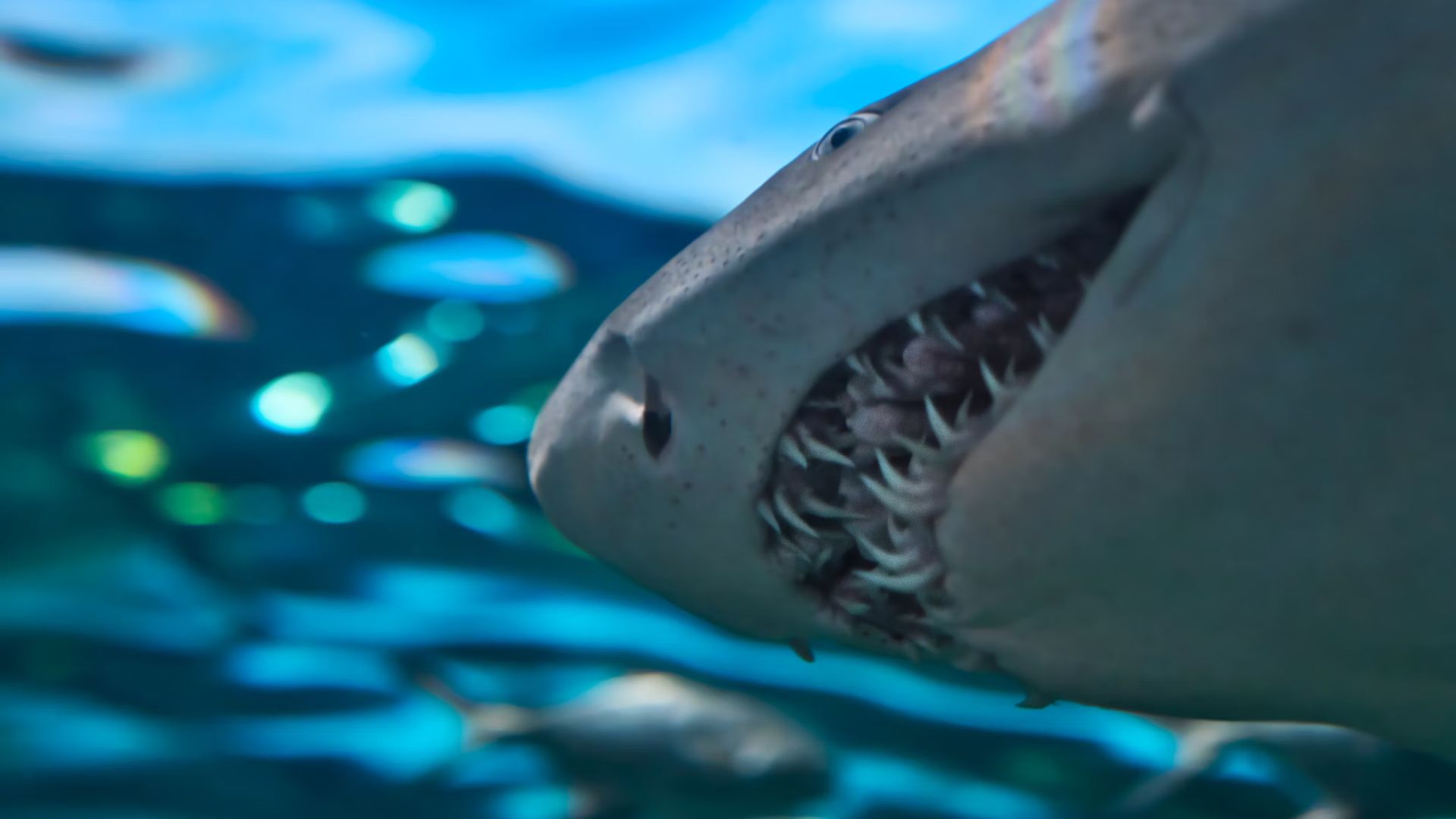
When the shark was discovered, it was also noticed that its teeth were missing. It is believed that this was the work of trophy hunters.
Some believe that before the local resident discovered the shark, trophy hunters got to it first and took its teeth, despite not being the reason why the shark was killed.
The Shark Was Moved Away From the Sea
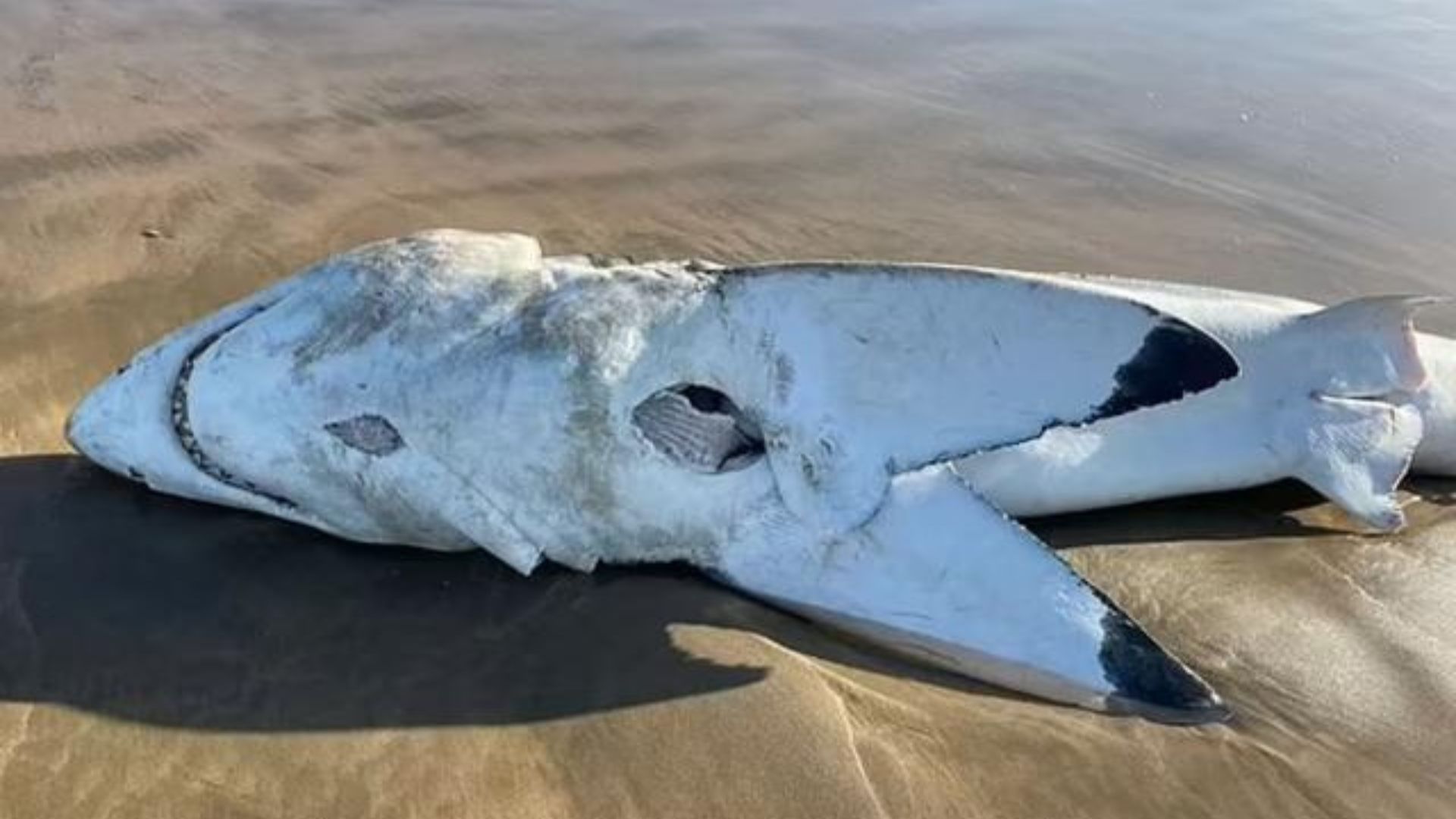
After the shark was discovered on the beach, it was moved to a high water mark away from the sea to ensure it wouldn’t be washed away overnight.
This was because experts and researchers could not examine the shark until the next day, and they didn’t want anything to happen to it in the meantime.
What Killed This Great White Shark?
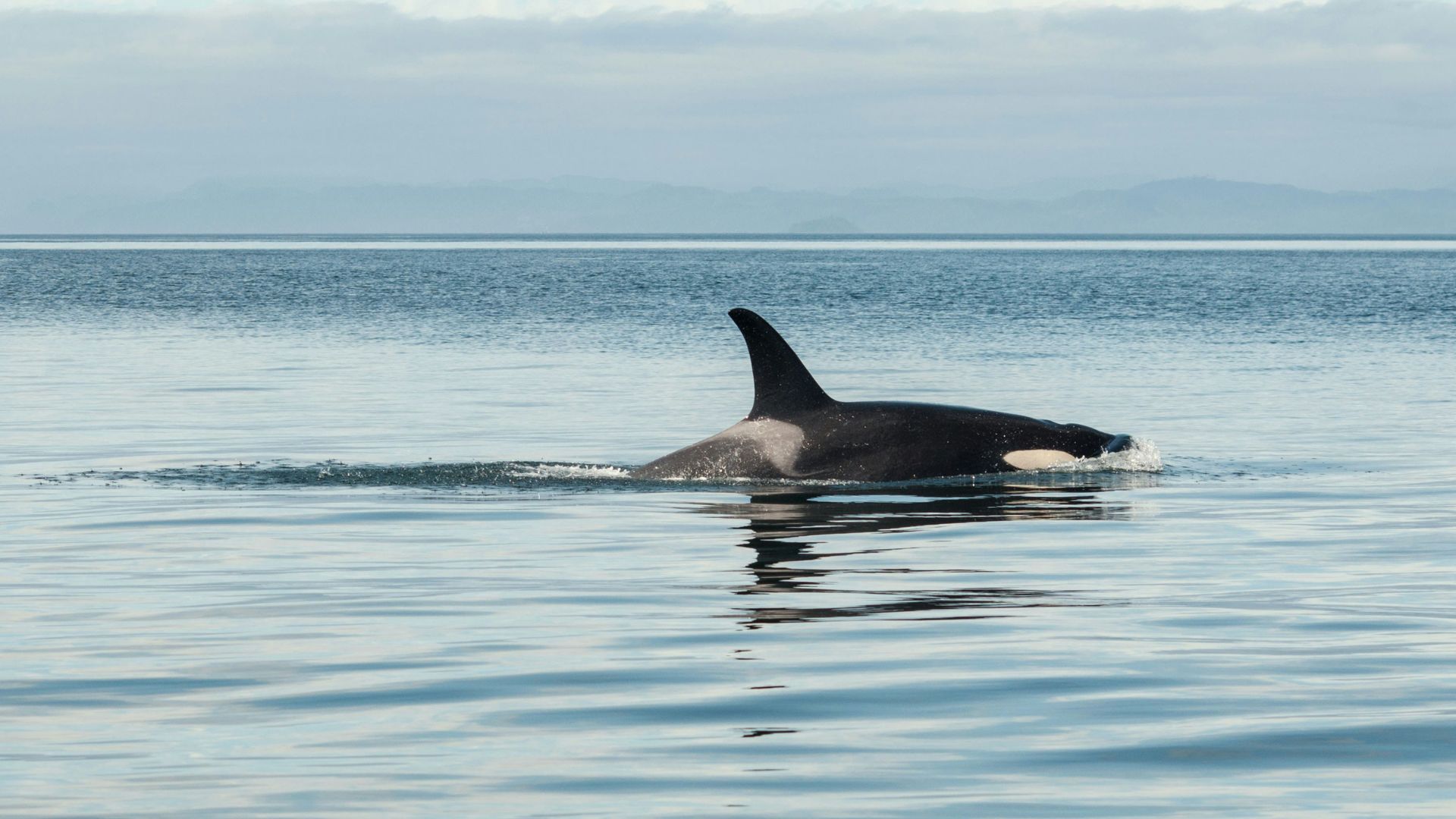
According to experts, this great white shark was almost certainly killed by “killer whale predation.” They believe that an orca, also commonly called a killer whale, took down this massive shark.
While biologists and veterinarians can’t be 100% sure, as they didn’t witness this killing themselves, they are very confident that an orca is responsible for this shark’s death.
Great White Sharks Are Only Killed by Orcas
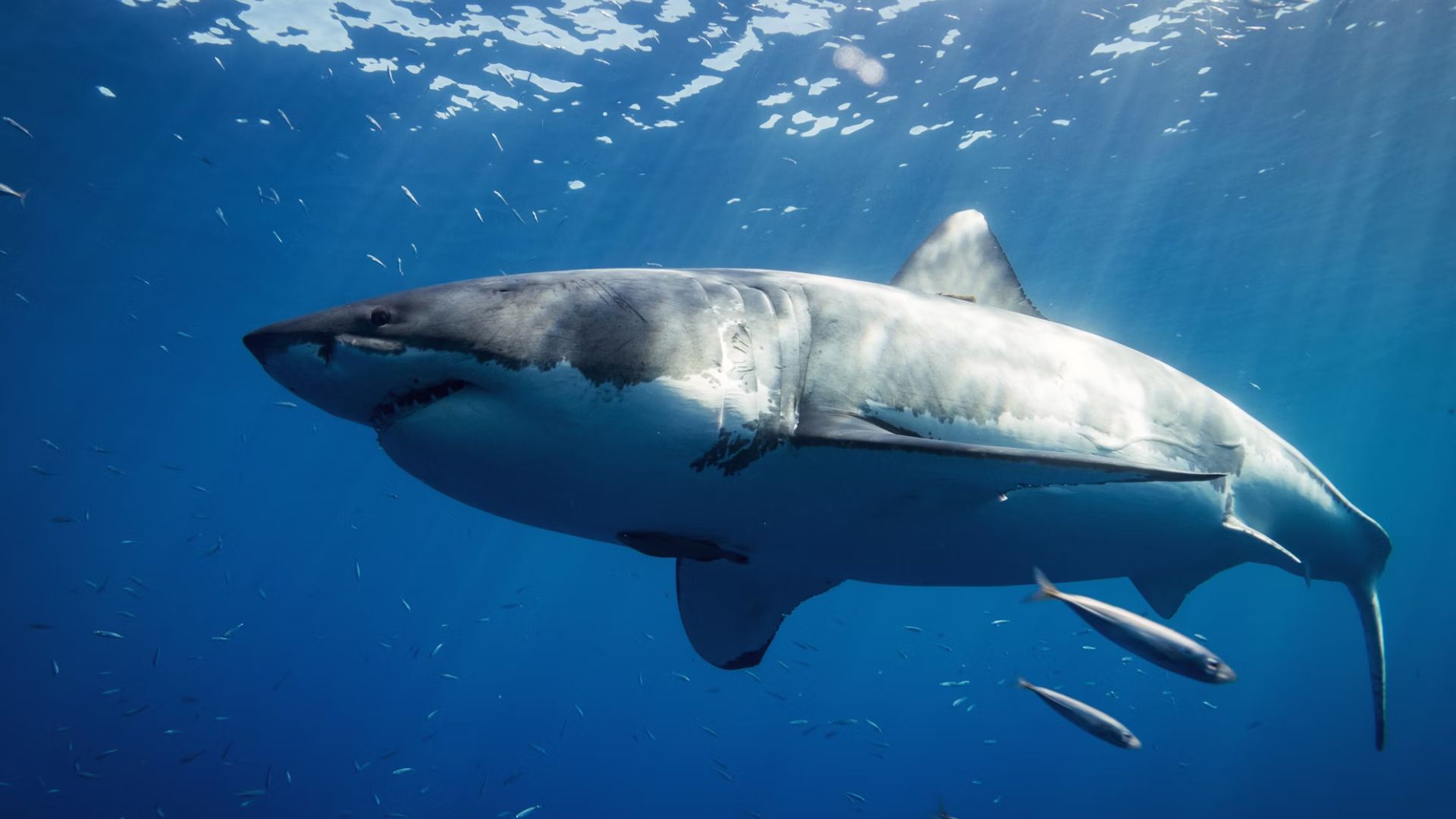
One of the big clues that the great white shark was killed by orcas is that orcas are the only animals known for killing them.
However, there are always other possibilities for these killings, such as humans, boats, an unknown object, or another animal that hasn’t previously been known to kill sharks.
Signs of an Orca’s Killing
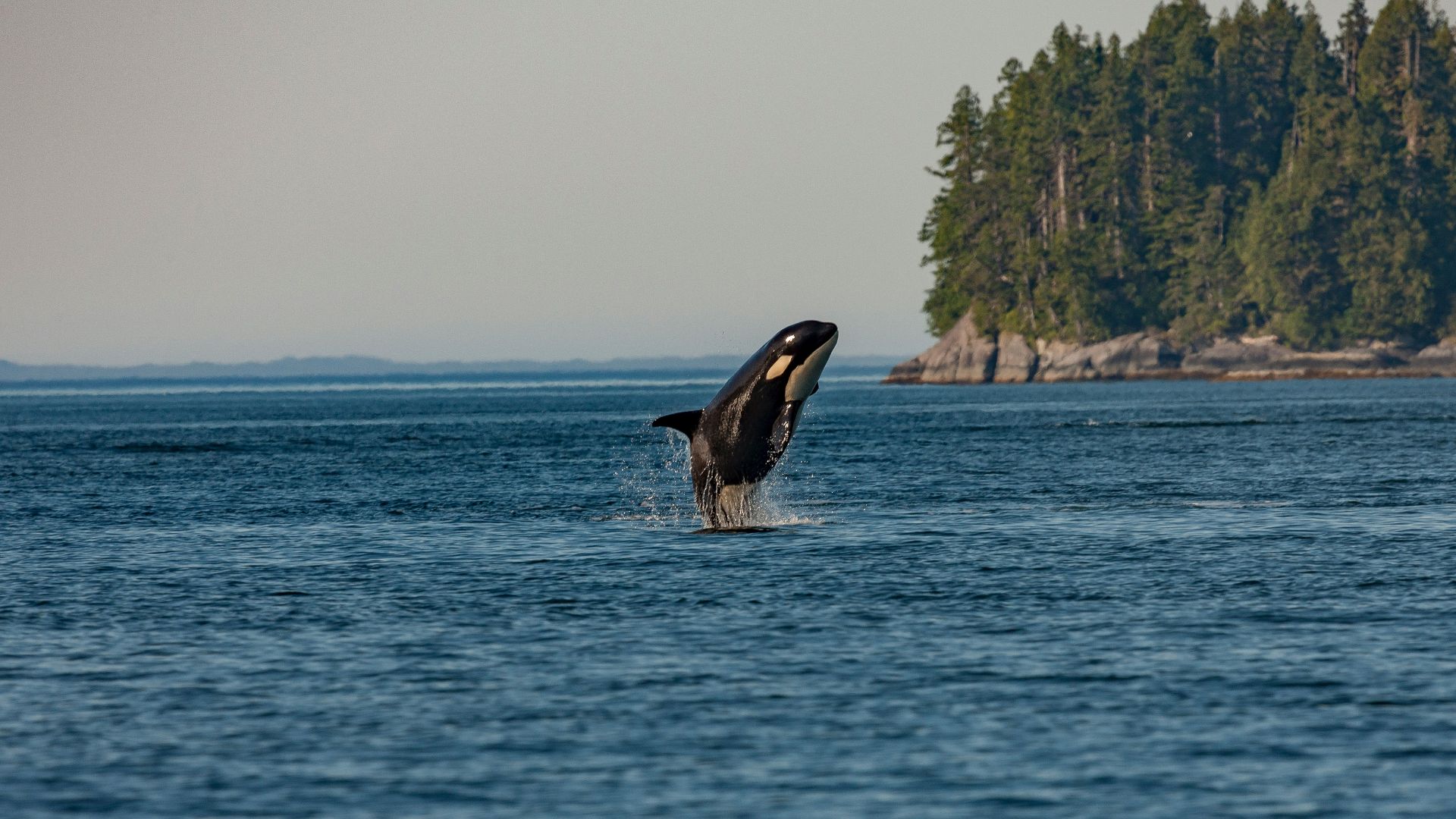
There are a few reasons why scientists are so sure that an orca took down this shark in the ocean. First of all, tooth marks were discovered on the shark’s head, which matches other orca attacks.
However, once researchers realized that the shark’s liver was taken, they realized an orca was almost surely responsible — as orcas have begun to do this in recent years.
Orcas and Livers
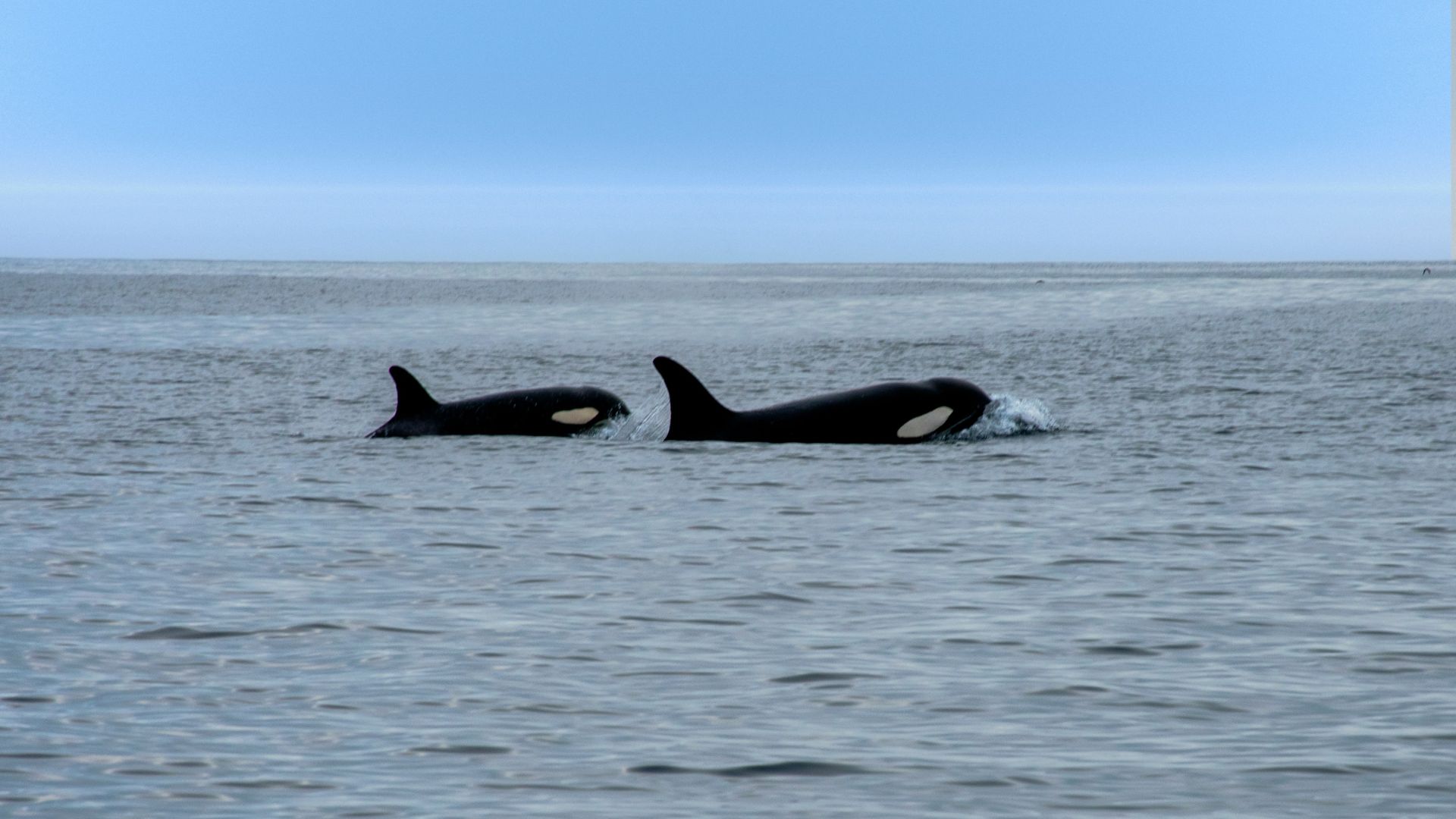
In only the last few years, scientists began to realize that orcas were specifically going after sharks, simply to eat their livers.
These killer whales don’t target other parts of the shark. They don’t eat other areas of their prey. Instead, these orcas attack and kill for the liver — and then happily eat it.
The Discovery of Orcas Attacking Sharks
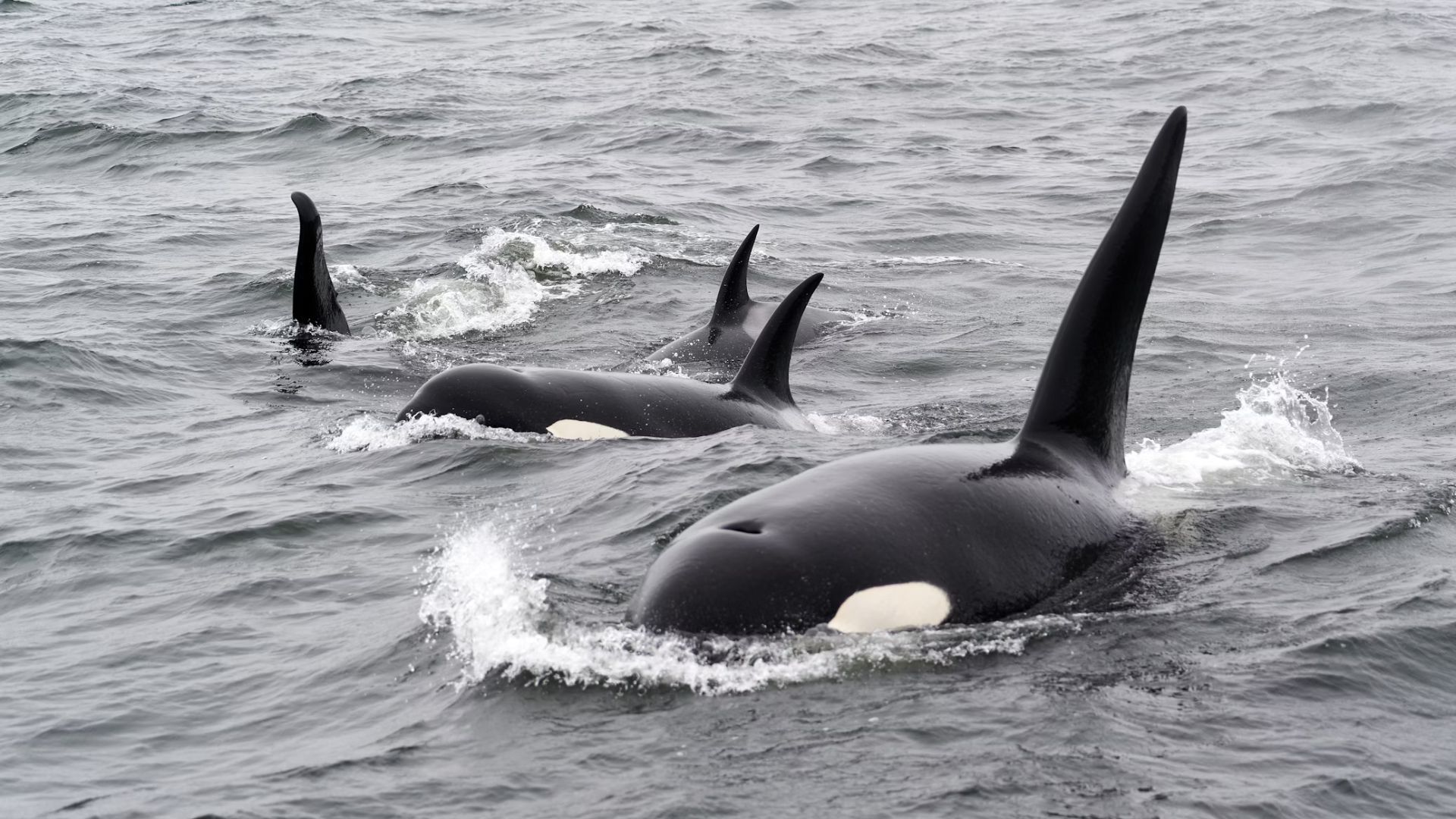
This mystery first took off in 2017 after five great white sharks were found dead and without a liver. Experts began to investigate this mystery, eventually finding that orcas were responsible.
In 2022, drone footage revealed that two male orcas were hunting and killing sharks. During this, they were removing the sharks’ livers with “surgical precision.”
A Quick Killing
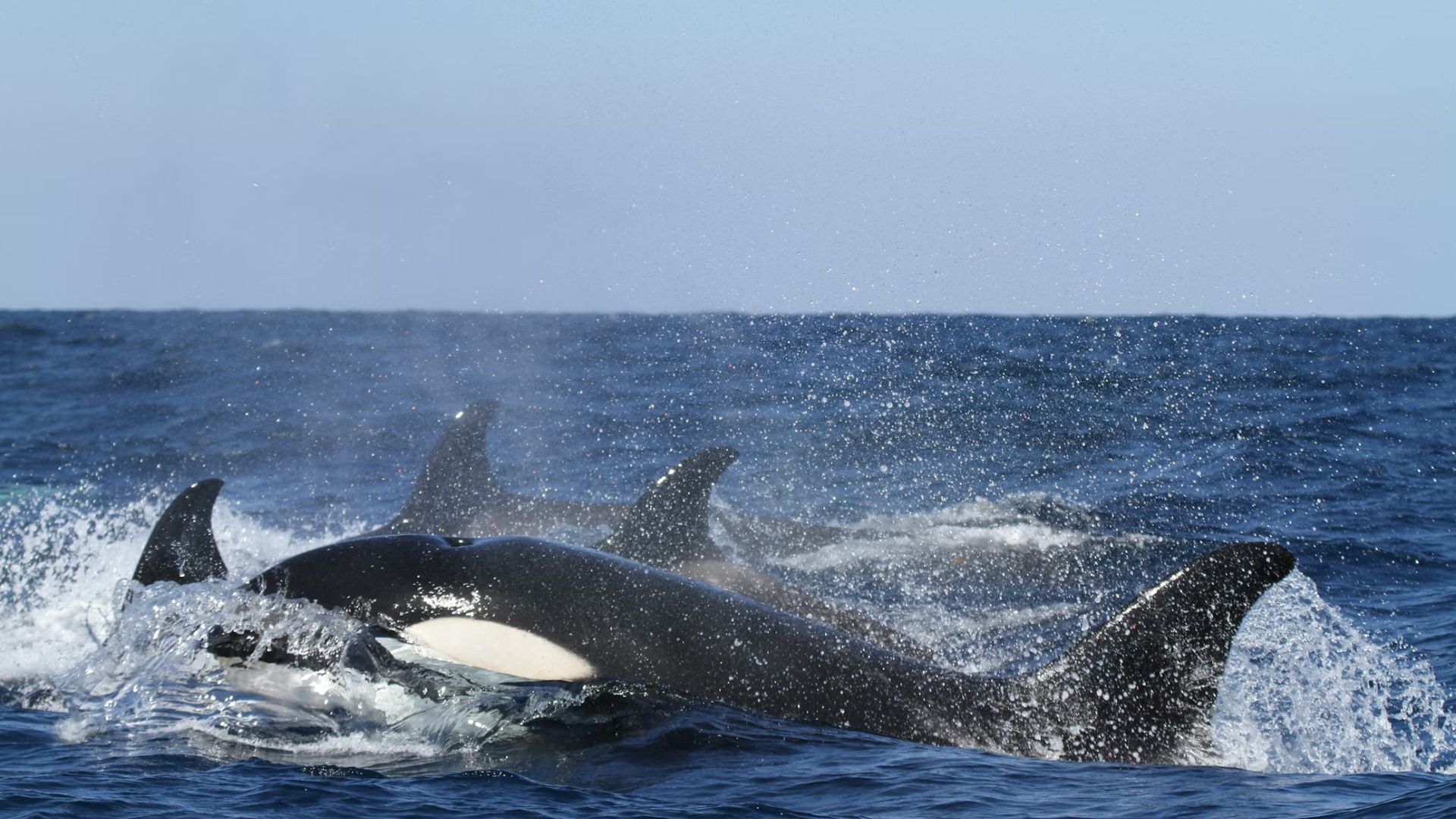
Once this footage revealed the truth, scientists were able to closely watch these orcas and how they acted. Starboard, one of the killer whales, was eventually filmed killing a huge great white shark in fewer than two minutes.
Starboard surgically removed the shark’s liver — and then proudly showed the liver to a nearby tourist boat.
Orcas Spotted Killing Sharks
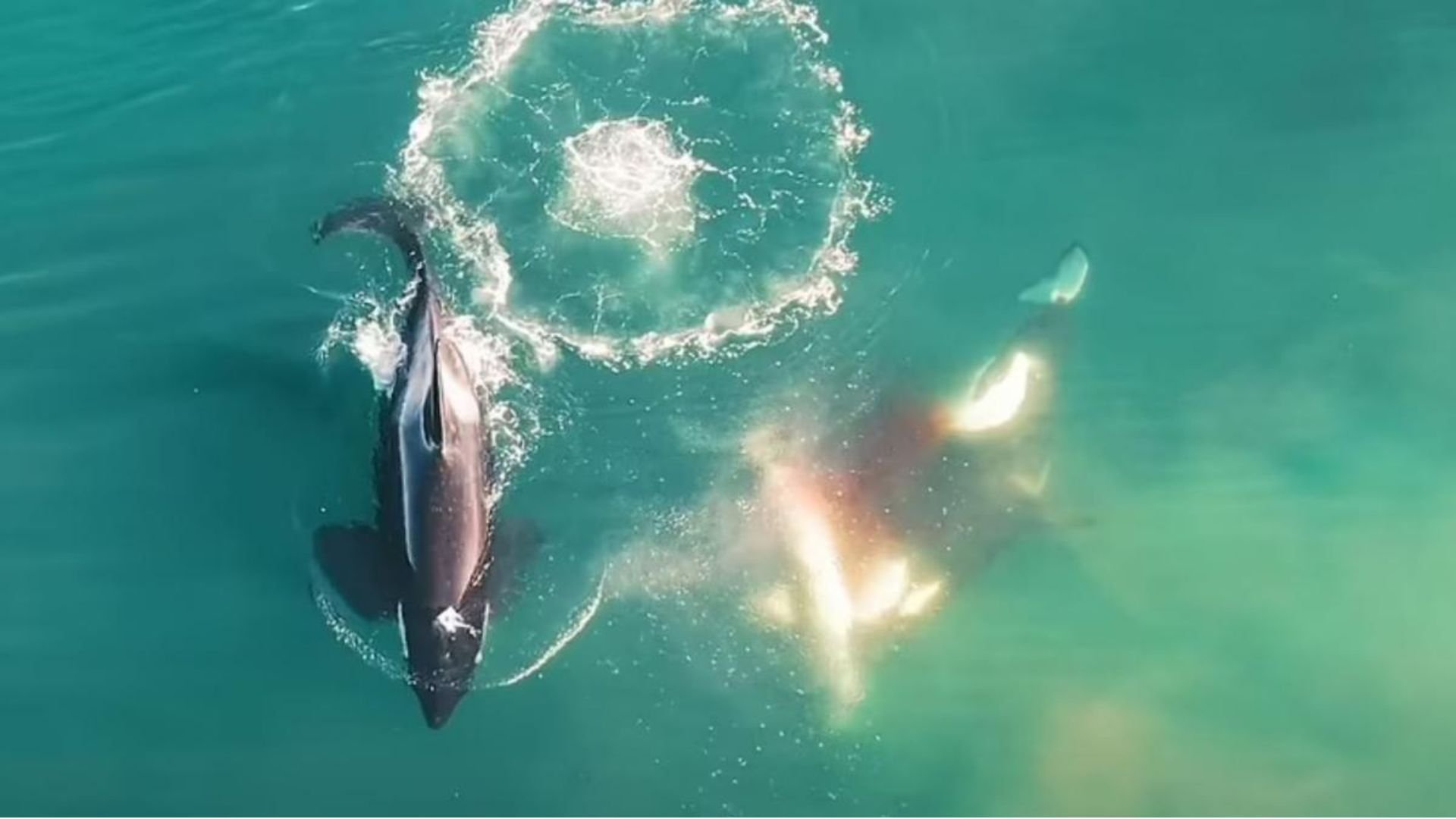
Aside from the drone and video footage, orcas have been visibly seen by tourists and locals killing the sharks.
One orca had been spotted hunting down a great white shark before it quickly tore the liver from the shark in a few minutes.
Seven Gill Sharks Have Also Been Found Dead
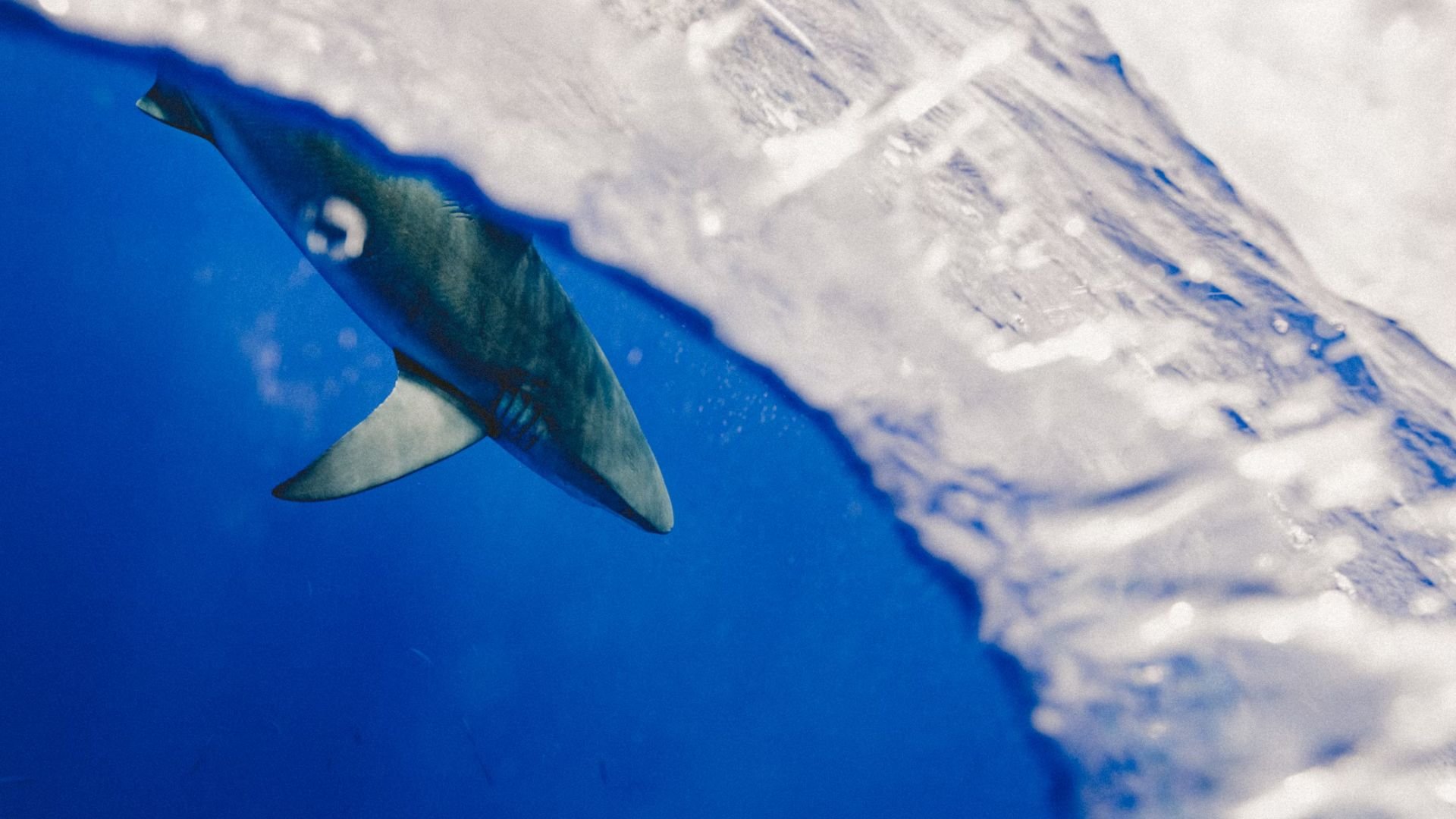
It’s not just great white sharks that orcas have been going after, as 19 seven gill shark carcasses were washed ashore and their livers were missing.
The killer whales, known as Port and Starboard, are believed to be the culprit in this and other cases of shark deaths as well.
Why Do Orcas Want Sharks’ Livers?
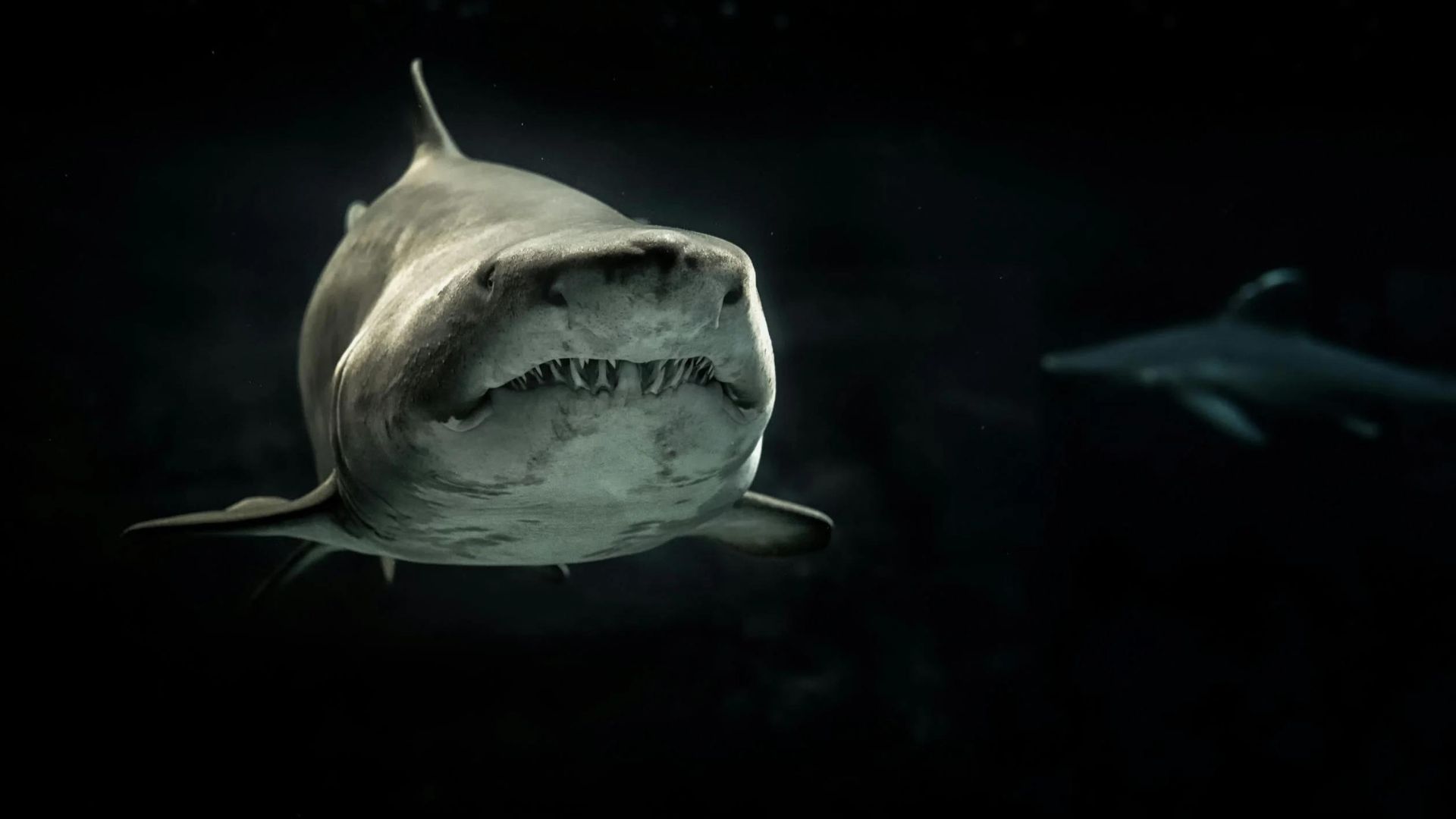
Scientists are still trying to uncover why killer whales seem to only want to eat a shark’s liver, rather than other parts of the shark. For the most part, all of these sharks found only had their liver removed. The rest of their bodies were completely untouched.
Some experts theorize that orcas like sharks’ nutrient-rich livers. By cutting the sharks at their shoulder, orcas can easily remove the liver without damaging their teeth on the shark’s rough skin.
Shark Liver Is Enough for a Full Meal
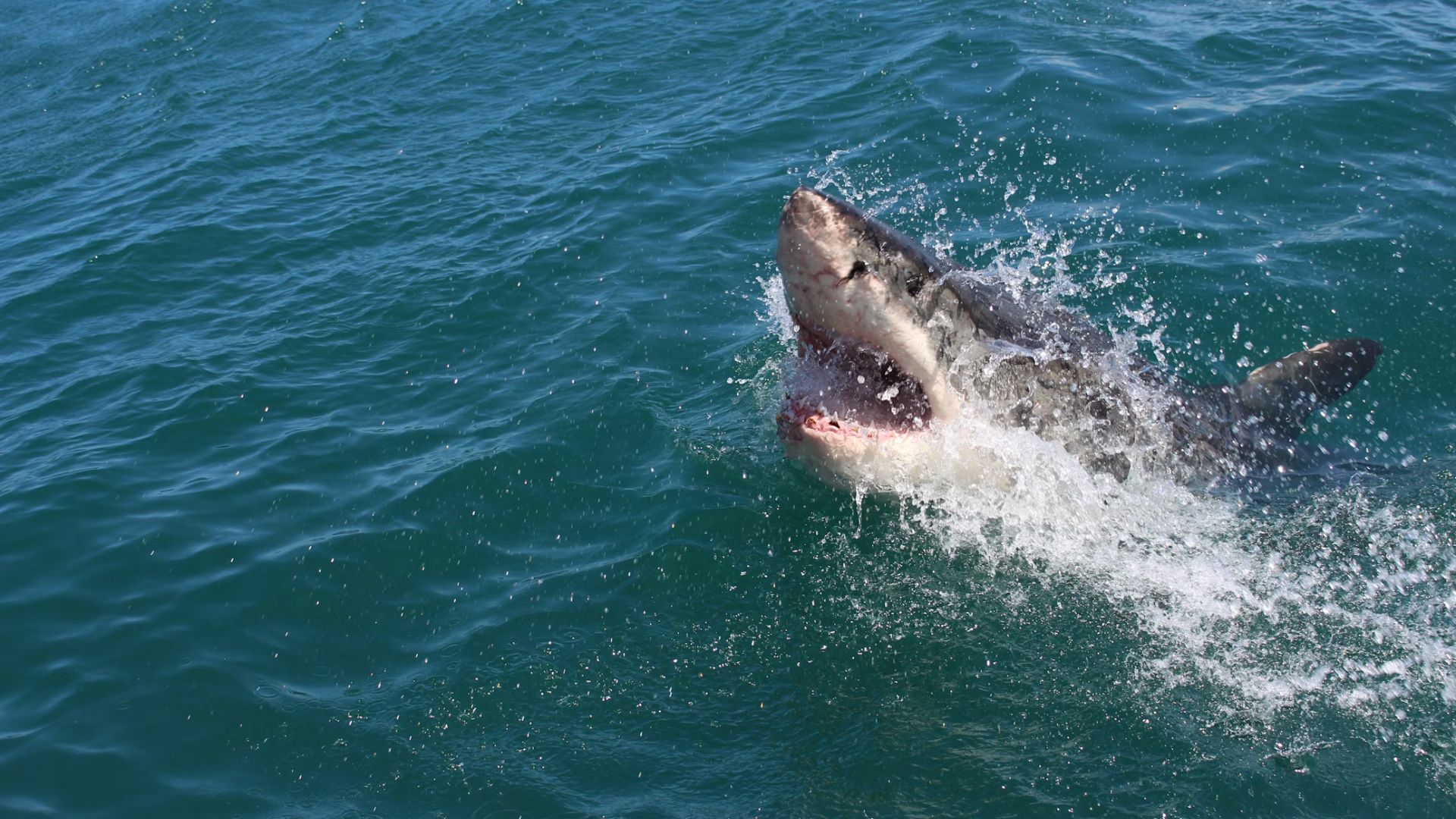
As the orcas can easily get into the shoulder of the great white shark without breaking their teeth, this may be why they go for the liver, as this is enough for one full meal.
While this is a part of the marine ecosystem, it is not known exactly how the orcas figured out to use the shoulder of the great white shark to get to the liver or whether this was just a complete behavior that has been learned.
A Growing Trend
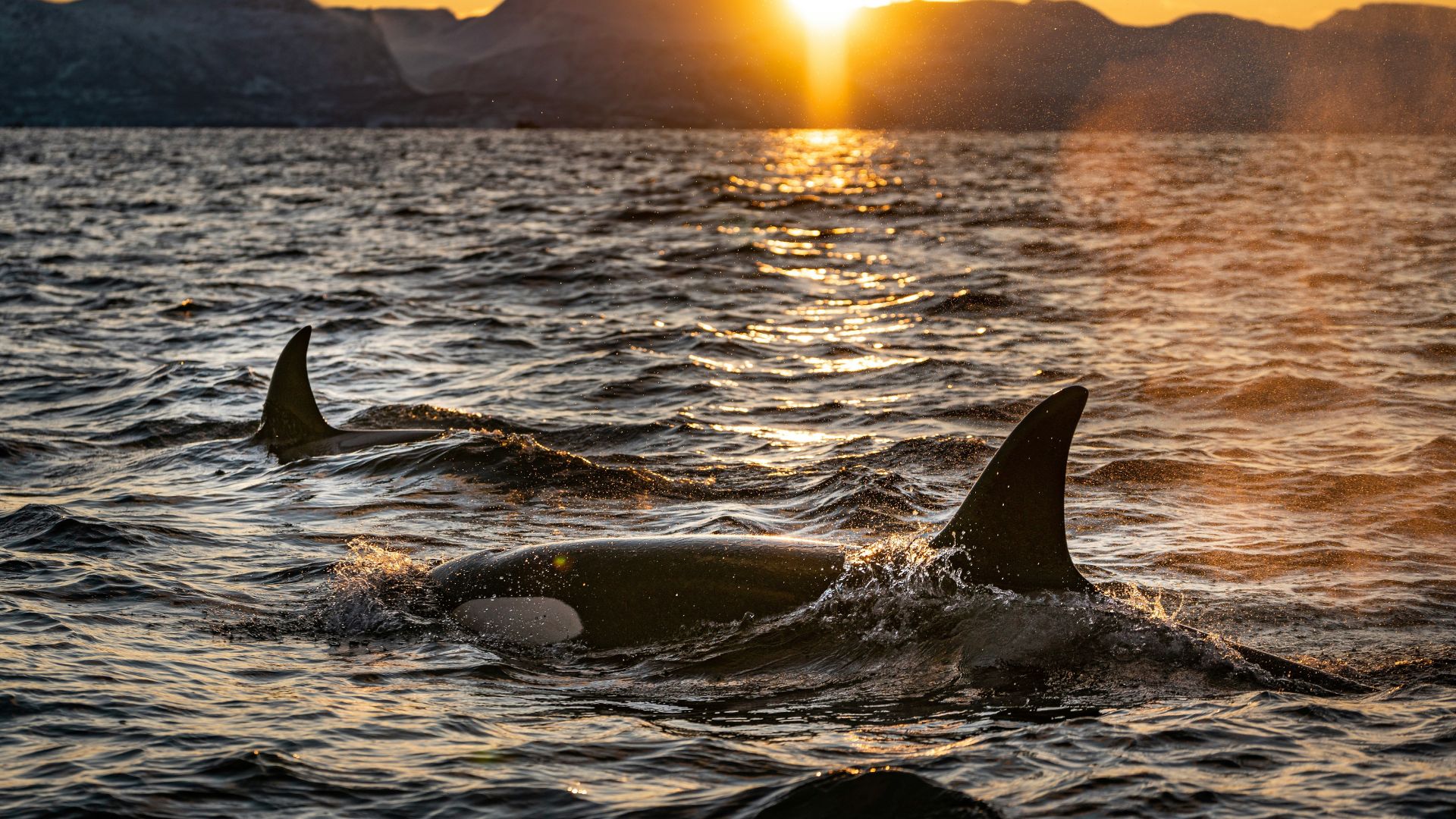
Scientists haven’t seen this type of killing by orcas regularly before. However, there are now signs that this has become a growing trend among killer whales.
Since 2015, orcas have killed 14 great white sharks in South Africa, taking their liver in the process. Experts have already called this latest discovery “significant.”
Why This Trend May Continue
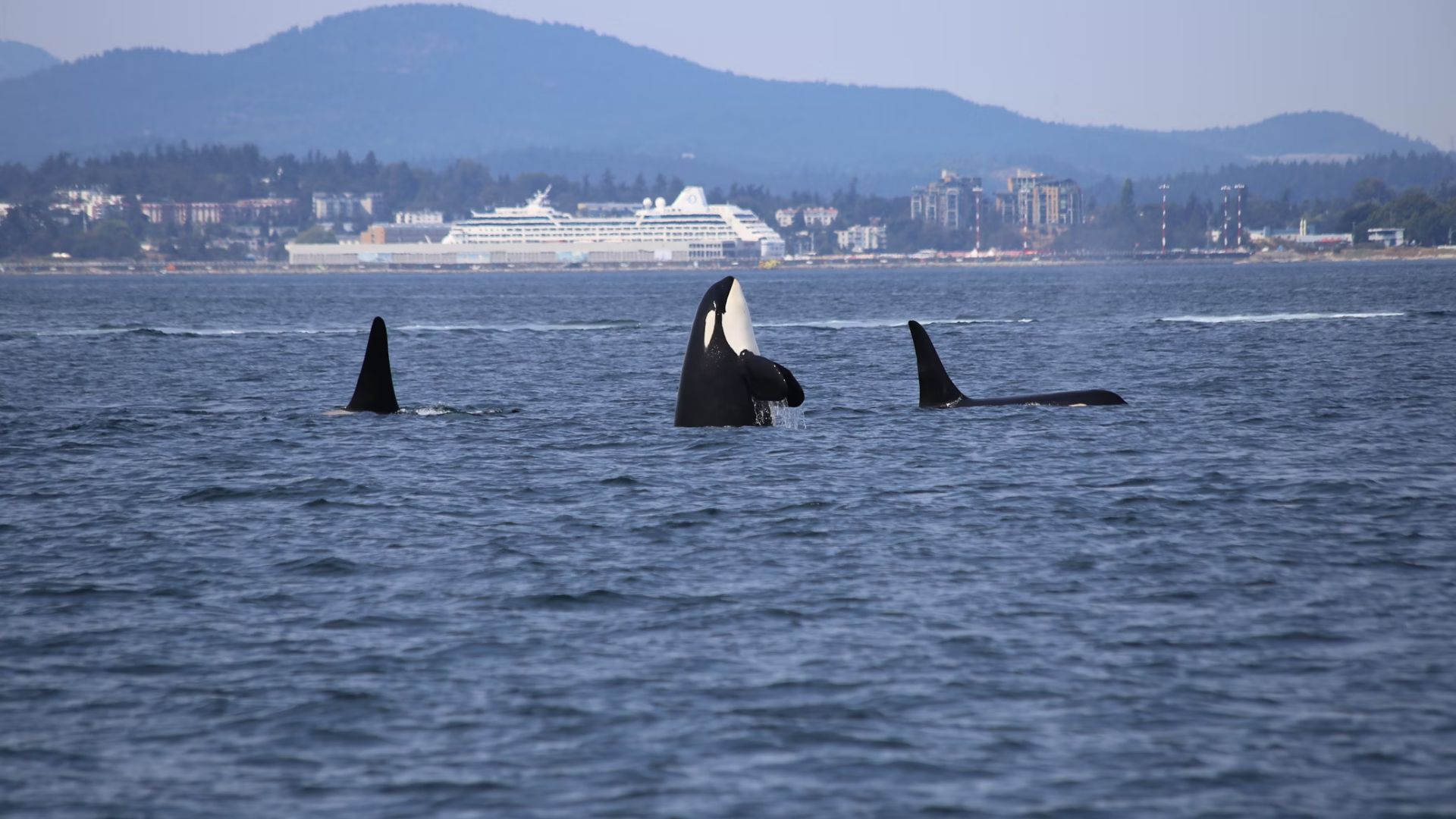
Scientists have already stated that this trend may continue and become a new normal for great white sharks and orcas.
This is because killer whales can “rapidly learn new hunting techniques on their own or from others,” according to whale conservation specialist Simon Elwen.
Other Shark Body Parts Have Been Removed
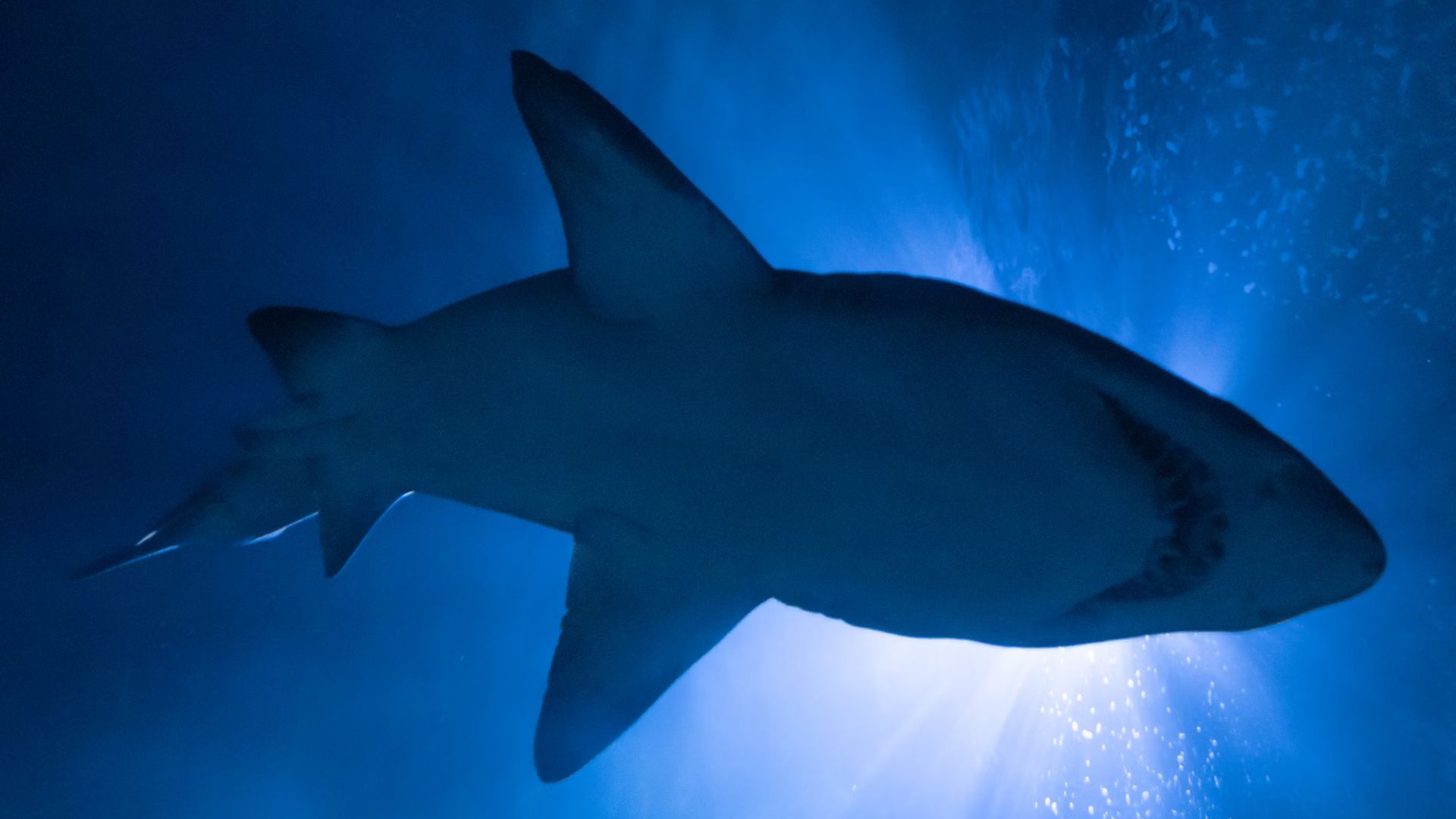
While livers seem to be the main reason orcas attack sharks, other sharks have been found with other body parts missing. These are also believed to have been from orca attacks.
Two have had their hearts removed, and another had their testes removed. These were done the same way as the liver because they are close to the body cavity.
Orcas Typically Hunt in Groups
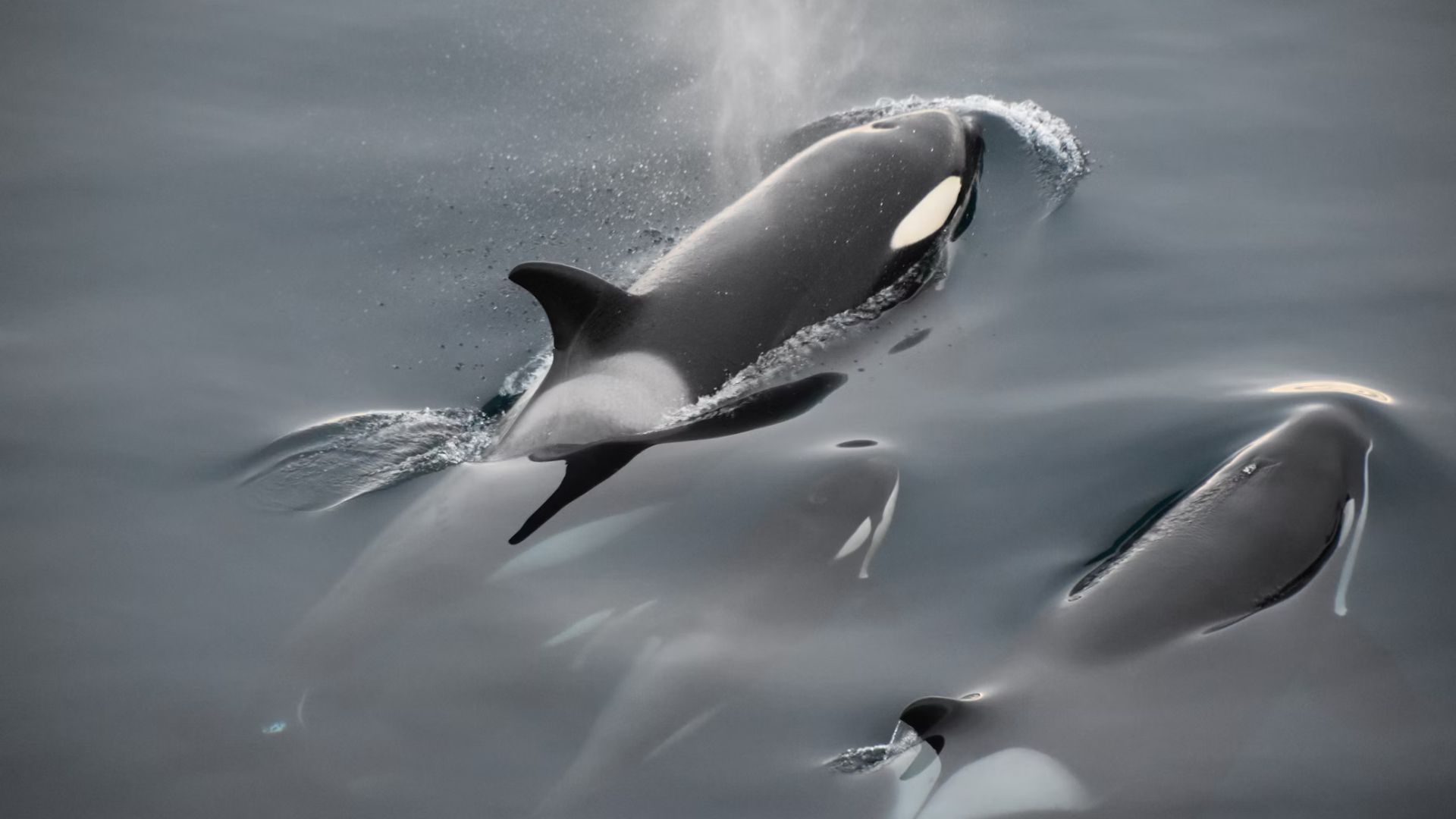
Prior to the recent orca attacks on great white sharks, it was previously thought that orcas only ever hunted their prey in groups. However, these orcas have been hunting as individuals.
This gives researchers more information on orcas’ hunting habits so they can look into whether hunting alone is a new thing or if it has been going on for years unnoticed.
The Shark’s Remains Were Buried
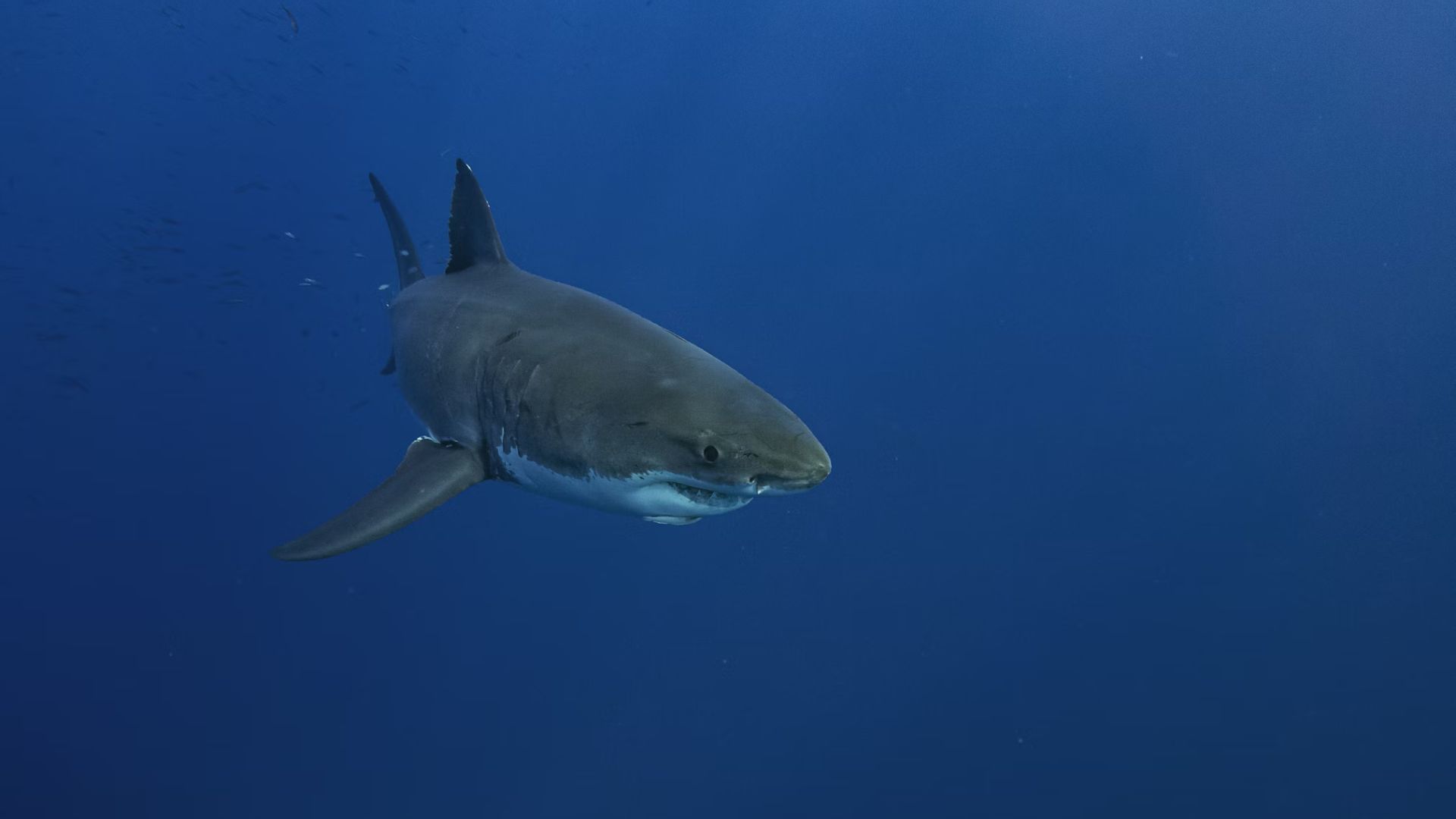
The shark was initially going to be donated as a museum exhibit. However, as trophy hunters had removed its teeth, it was unable to be donated.
Instead, it was buried at a remote site once researchers had removed the tissue and muscle samples to use as research into white shark genetics and diet.
Sharks Are Being Forced Out of South Africa
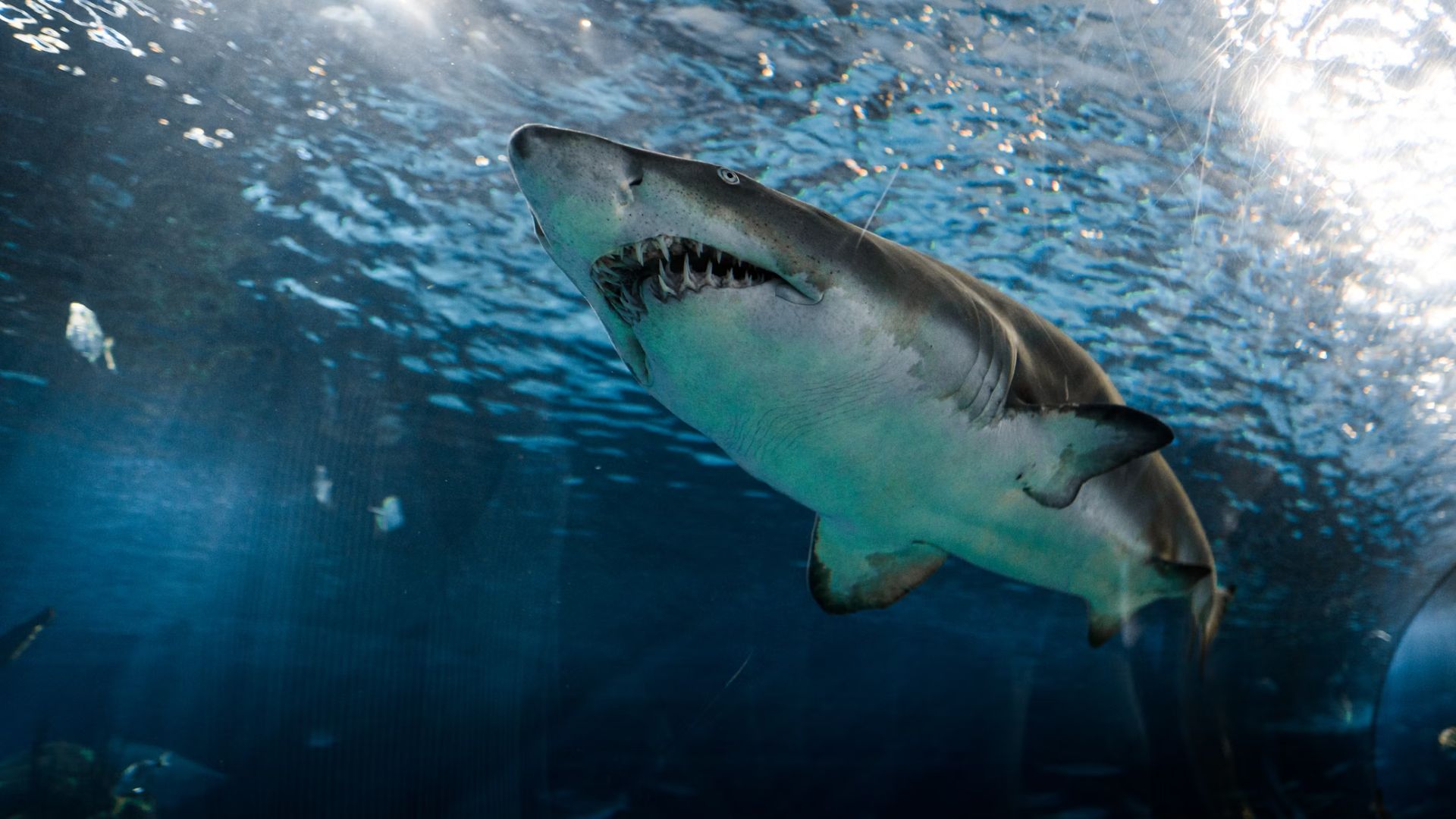
With all of this going on, one thing that has been noted is that great white sharks and gill sharks are being forced out of the area in South Africa as they try to avoid being killed.
The more sharks that move out of the area, the more prey species will increase, which will upset the balance of the ecosystem.
Concern Over Mesopredators
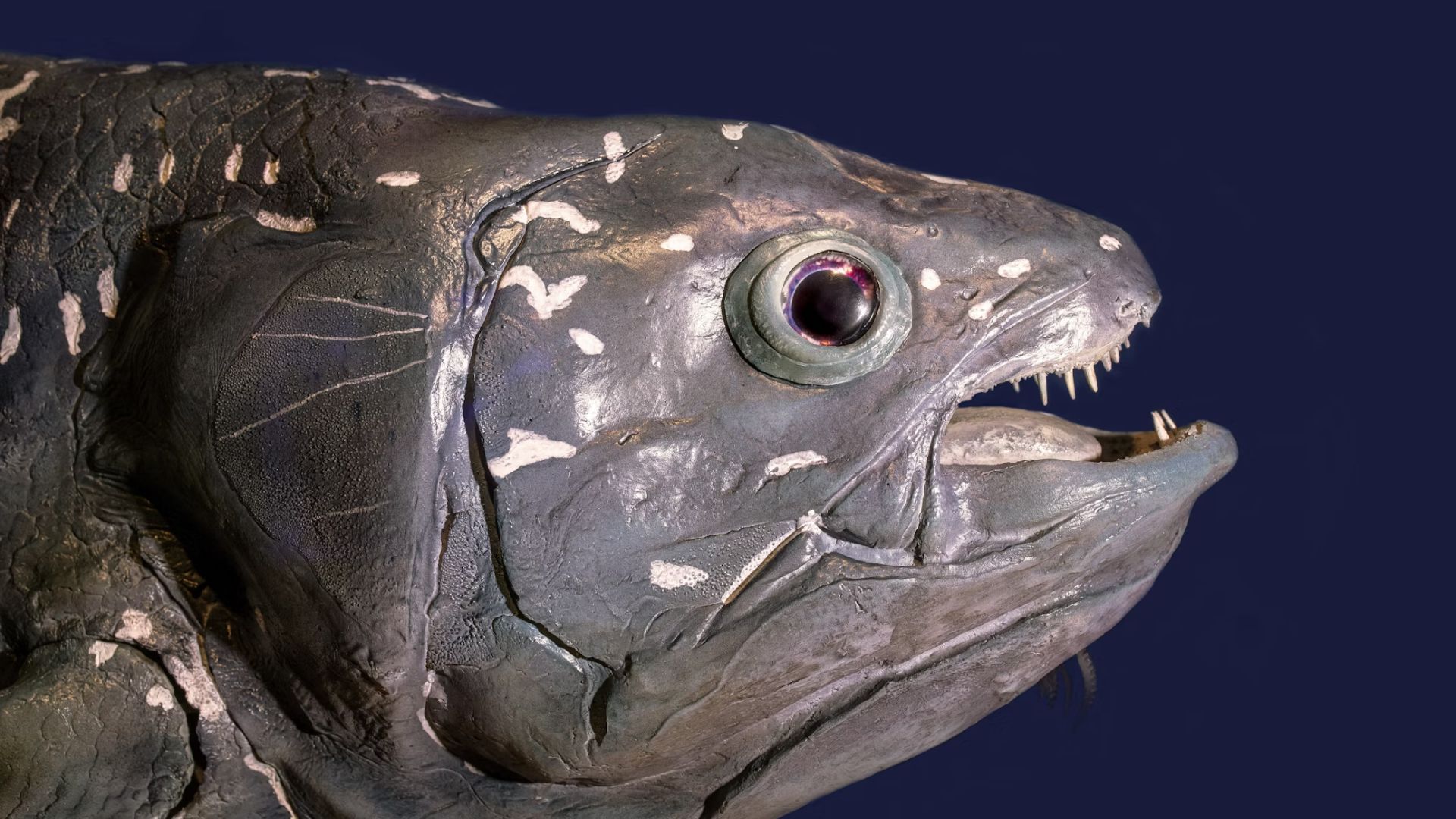
With a decline in sharks in the South Africa area, there is also a concern that this depletion will cause a rise in the number of mesopredators in the area.
These are mid-size predators who will grow in number as the number of larger predators gradually moves away. However, these are just concerns for now, and so far, it hasn’t actually been confirmed.
